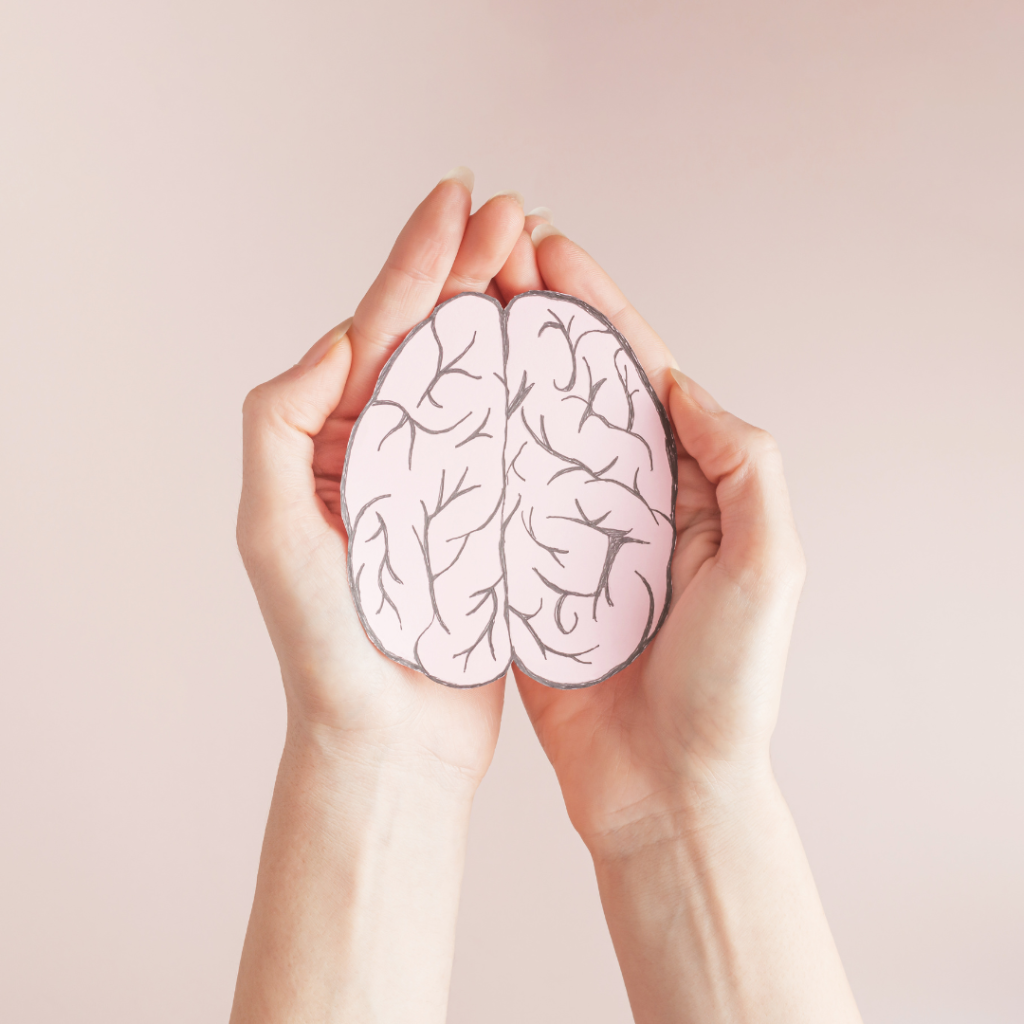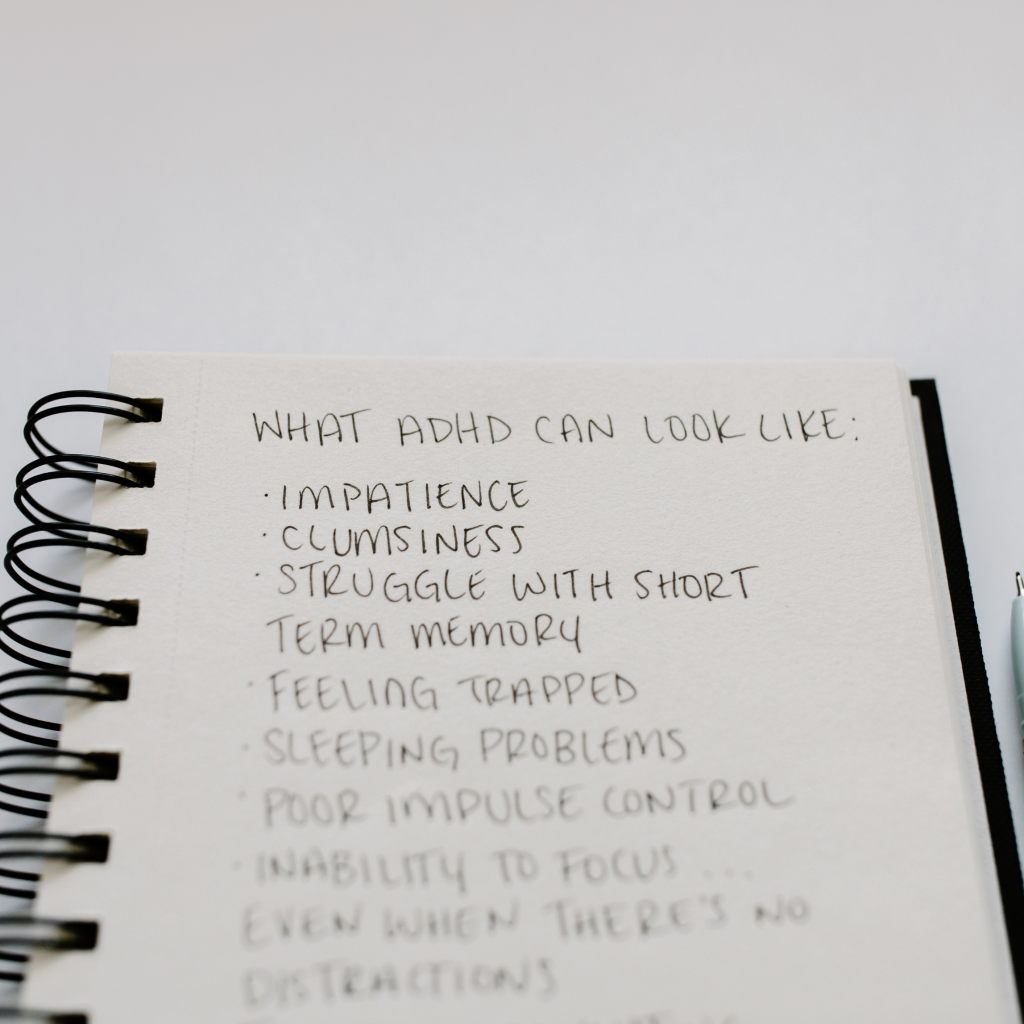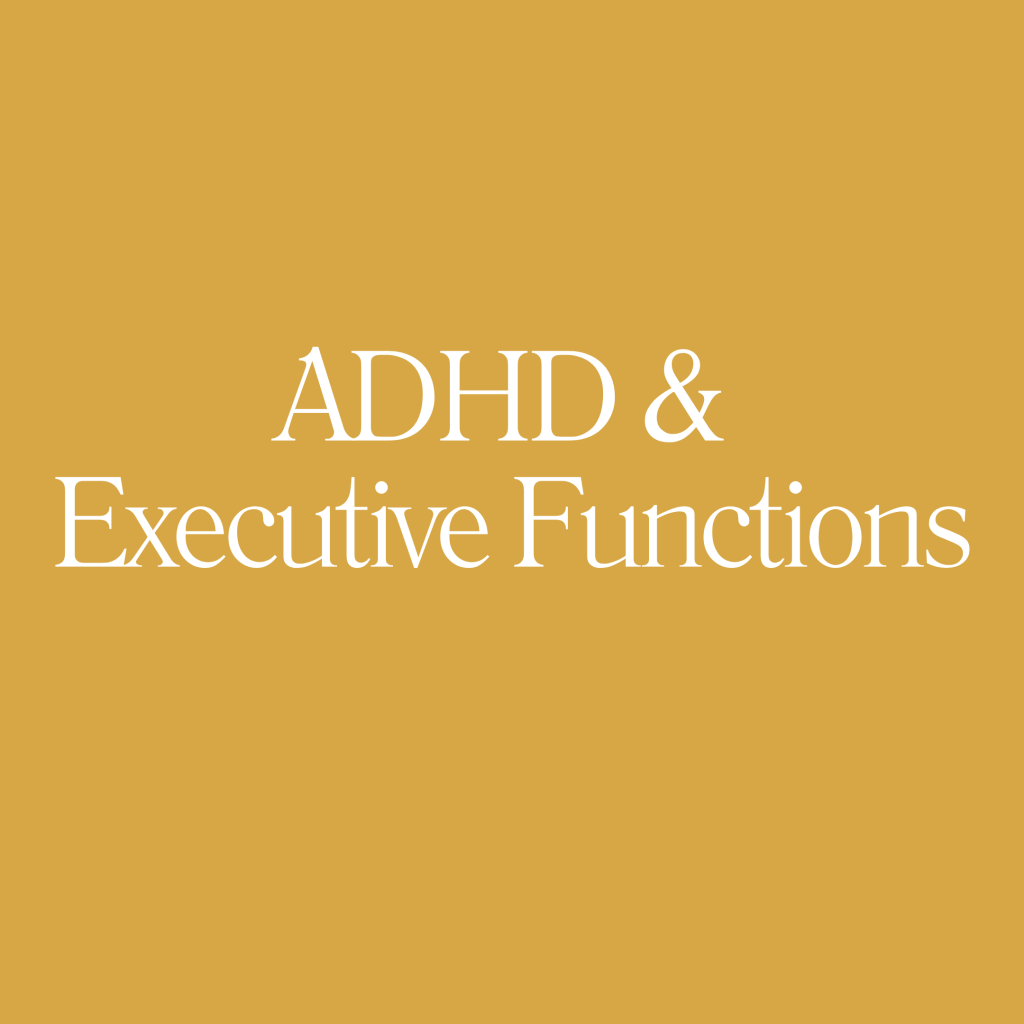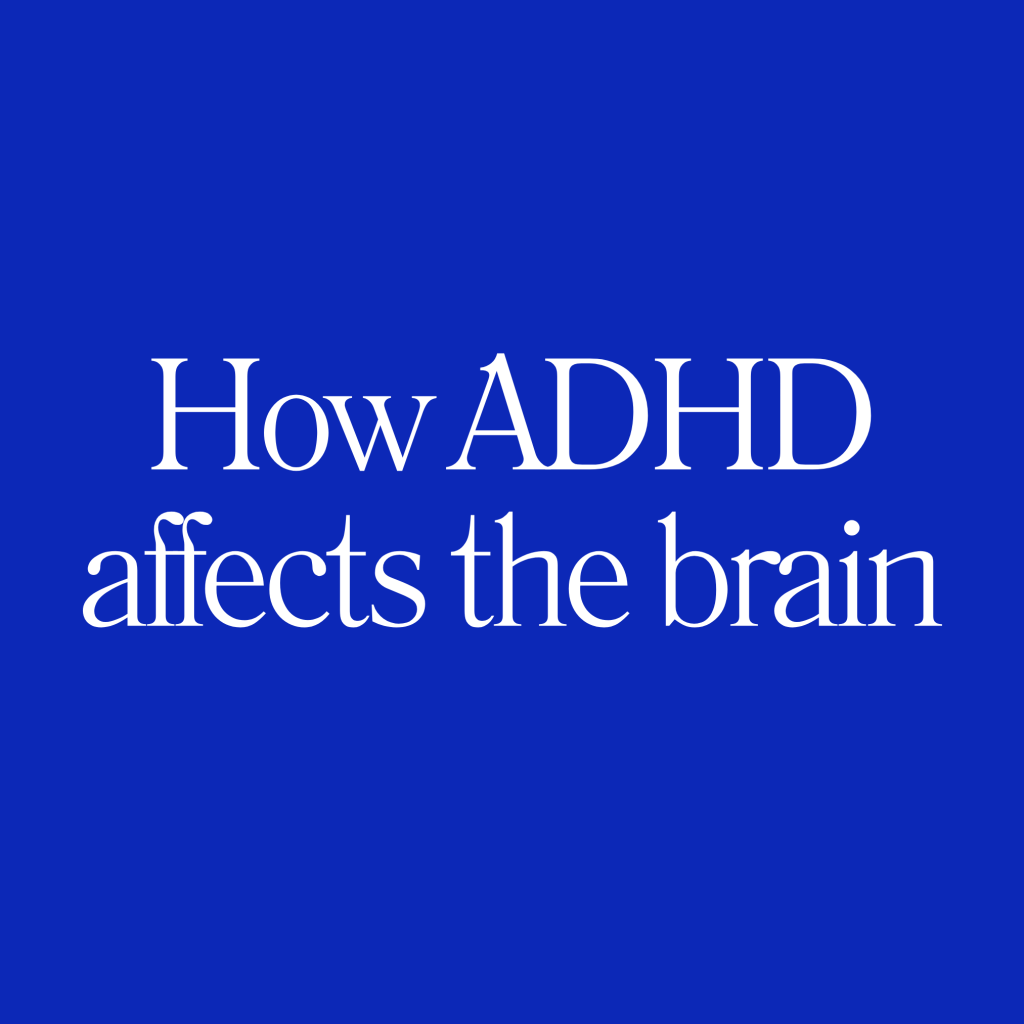What is ADHD?
ADHD (Attention Deficit Hyperactivity Disorder) is a neurodevelopmental condition that affects how a person pays attention, controls impulses, and regulates energy.
It’s not a behavioural problem.
It’s not about bad parenting.
And it’s definitely not just a ‘naughty child thing.’
In the UK, it is common, with a population prevalence of 3–5%
Many more are undiagnosed, particularly women and girls, and those from minority backgrounds.
What causes ADHD?
Short answer: it’s complex.
Longer answer: ADHD has strong genetic links, with brain imaging showing structural and functional differences in areas related to attention and impulse control.
Environmental factors like low birth weight, prematurity, or prenatal exposure to substances can also play a role.
The 3 Types of ADHD
According to the DSM-5, the diagnostic manual used by professionals:
Predominantly Inattentive Type
Predominantly Hyperactive-Impulsive Type
Combined Type
Girls and women tend to be more inattentive so they’re often missed.
ADHD in children
You might notice:
- Meltdowns after school
- Difficulty following instructions
- Constant motion or daydreaming
- ‘Behaviour issues’ in class, often labelled as ‘disruptive’ or ‘lazy’
- Schools might raise concerns
Without a full understanding of ADHD, these signs can be misunderstood.
According to a 2020 NHS Digital report, boys are three times more likely to be diagnosed than girls. But that’s not because boys have it more, it’s because we spot it more in boys.
ADHD in Adults
ADHD doesn’t disappear with age. Many adults (especially women) are diagnosed late, often after their child gets a diagnosis.
Adult ADHD symptoms can look like:
- Chronic procrastination
- Forgetting appointments
- Feeling overwhelmed by ‘simple’ tasks
- Emotional intensity
- Struggles with time management
- Difficulty maintaining jobs, routines, or relationships
Many people with ADHD describe it as living with 50 tabs open in their brain at all times.
How is ADHD diagnosed in the UK?
ADHD isn’t diagnosed via a brain scan or blood test, it’s based on clinical judgement and patterns of symptoms over time.
Talk to your GP
They can refer you to a specialist NHS ADHD service or a private provider.
Assessment
This may involve questionnaires, school reports (for children), and an interview with a specialist psychiatrist or paediatrician.
Diagnosis
ADHD is diagnosed based on criteria in the DSM-5, not on one-off behaviours.
Treating ADHD
Medication can be transformational for many people with ADHD. First-line treatment in the UK is typically a stimulant, like methylphenidate (Ritalin, Concerta).
But it’s not for everyone.
Some experience side effects, or prefer non-medication strategies. NICE guidelines recommends a multimodal approach which includes parent training, environmental adaptations, therapy, and coaching.
My Final Thoughts
Whether you’re:
A parent wondering if your dreamy or explosive child might be neurodivergent
A woman who’s masked for decades, now realising ‘it’s not just me’
A teacher looking for clarity beyond the chaos
Know this: ADHD is real. It’s common. And it deserves compassion and clarity, not shame or stigma.
Support exists. Diagnosis can help. But even without it, understanding ADHD can radically shift how you support yourself and your loved ones.





